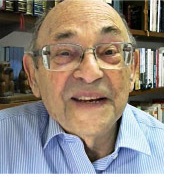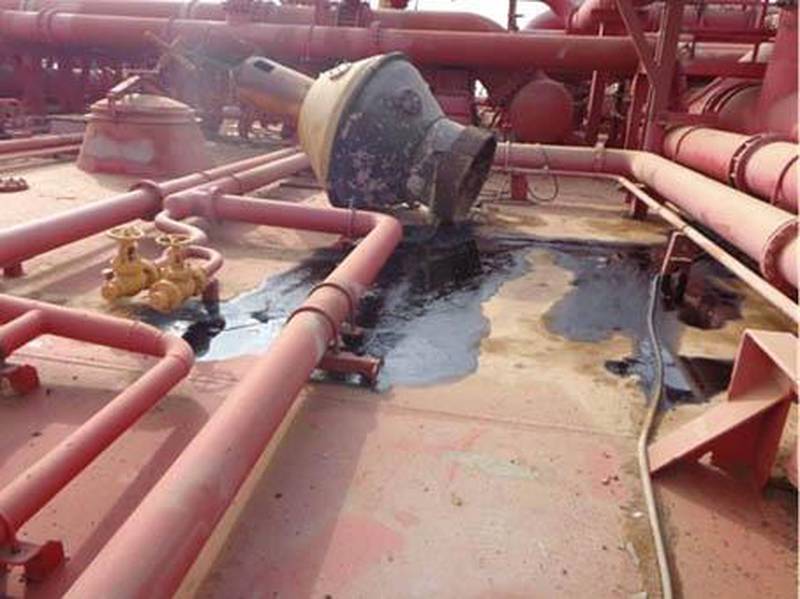by Neville Teller
The two-month truce between the Yemeni government and the Houthis, brokered by the UN, ended on June 2 but has been extended for a further two months. The two sides are still far apart, but the truce period certainly witnessed a marked reduction in civilian deaths and casualties – down by more than 50 percent according to published data. It has also seen a degree of tentative co-operation between the two sides. But the situation remains shaky, and the two sides continually trade accusations about breaches committed by one side or the other.
The truce deal included a halt to offensive military operations, permitting fuel imports into Houthi-controlled ports, and some flights from Sanaa airport which has been closed to commercial flights since 2015. The Yemeni government controls Yemen’s airspace and seas.
Will you offer us a hand? Every gift, regardless of size, fuels our future.
Your critical contribution enables us to maintain our independence from shareholders or wealthy owners, allowing us to keep up reporting without bias. It means we can continue to make Jewish Business News available to everyone.
You can support us for as little as $1 via PayPal at office@jewishbusinessnews.com.
Thank you.
Misunderstandings mark the relationship between the two sides. On May 6 the Saudi-led alliance announced a humanitarian gesture in support of the truce. In coordination with the International Committee of the Red Cross, it said it was in the process of freeing more than 100 Houthi prisoners and transporting them back to Yemen. In the event, 126 prisoners were repatriated, of which 108 were flown from Saudi Arabia to the southern city of Aden, where Yemen’s Saudi-backed government is based. The Houthis refused to accept them. The head of the Houthis’ prisoner affairs committee said the list of detainees included people “unknown to us and who are not among our prisoners”.
They said that only five of the detainees were “prisoners of war”, four were fishermen “who had been kidnapped in the Red Sea” and nine of the detainees were foreigners from Africa. The Houthi movement said it welcomed the freeing of any Yemenis, but called for coordination with its authorities – adding that, for its part, the group had freed 400 prisoners of war so far in 2022.
On May 10 Hans Grundberg, UN special envoy for Yemen, hastened to the country intent on shoring up the truce. He had issues to resolve with both sides. He needed to persuade the Houthis to resume flights from Sanaa airport and to lift their siege of Taiz in south-western Yemen. He had also to take into account the Houthis’ accusation that the government had been impeding fuel shipments to the port of Hodeidah.
Grundberg made progress. The government had been insisting that all passengers on flights from Sanaa carry government-issued passports. By May 12 Grundberg had persuaded the Saudi coalition to allow Houthi-issued passport holders to travel outside Yemen, removing the major obstacle to the resumption of commercial flights from Sanaa under the truce deal.
Meanwhile, in the face of a potential environmental disaster, the two sides in Yemen’s civil conflict did at least agree on one issue.
The FSO (floating, storage, and offloading vessel) Safer was constructed in 1976 as an oil tanker and converted to an FSO facility a decade later. It is among the largest oil tankers in the world and is currently holding more than a million barrels of oil. Anchored off Yemen’s Red Sea coast for more than 30 years, it has been out of use since 2015 and is now beyond repair and at imminent risk of spilling its contents into the Red Sea. The consequences would be disastrous. Fishing communities on the Red Sea coast would be devasted, and the nearby ports of Hodeidah and Saleef, the lifelines allowing food, fuel, and humanitarian supplies to enter Yemen, would close.
On May 11 the UN and the Netherlands co-sponsored a pledging conference in the Hague, in an effort to raise the $144 million required to prevent the Safer from splitting, breaking apart, or exploding. The plan is to install a replacement vessel within 18 months, and meanwhile transfer the oil from the decaying tanker to a safe temporary vessel in a four-month emergency operation.
In a video message to the conference, UN Secretary-General Antonio Guterres stressed the need for urgent action. “Today’s event is a critical step towards preventing a catastrophe that would affect Yemen, the region and the world,” he said. “There isn’t a moment to lose.”
Some $40 million was immediately pledged by 10 donor countries plus the EU, and is now available to allow a start to be made. The UN-coordinated plan is supported by both the Yemeni government coalition and the Houthis.
The official coordinating the UN Development Program in Yemen, Auke Lootsma, emphasized the urgent need for the rest of the funding: “If we do not receive sufficient funding urgently, the weather window to transfer the oil will close. By October, high winds and volatile currents make the operation more dangerous and increase the risk of the ship breaking up.”
This common danger has already generated a degree of agreement between the disputing sides in Yemen, and might well induce more. So the UN is trying to arrange for the truce to be extended beyond June 2, to allow for negotiations aimed at ending the seven-year war.
The war can be brought to a close only through an understanding between Saudi Arabia and the Houthis, but all parties will need to be realistic about the limits of the Houthis’ capacity for compromise, particularly when it comes to their relationship with Iran. What Yemen really needs are elections, an inclusive government, and a new structure for the state. UN Resolution 2216 aims to establish democracy in a federally united Yemen. The Houthis must be given the opportunity to choose. Do they wish to remain an outlawed militia permanently, or would they prefer to become a legitimate political party, able to contest parliamentary and presidential elections and participate in government? The price would be serious engagement in negotiations aimed at a peaceful transition to a political solution for a united Yemen.
 The writer is Middle East correspondent for Eurasia Review. His latest book is: “Trump and the Holy Land: 2016-2020”. Follow himat: www.a-mid-east-journal.blogspot.com
The writer is Middle East correspondent for Eurasia Review. His latest book is: “Trump and the Holy Land: 2016-2020”. Follow himat: www.a-mid-east-journal.blogspot.com



